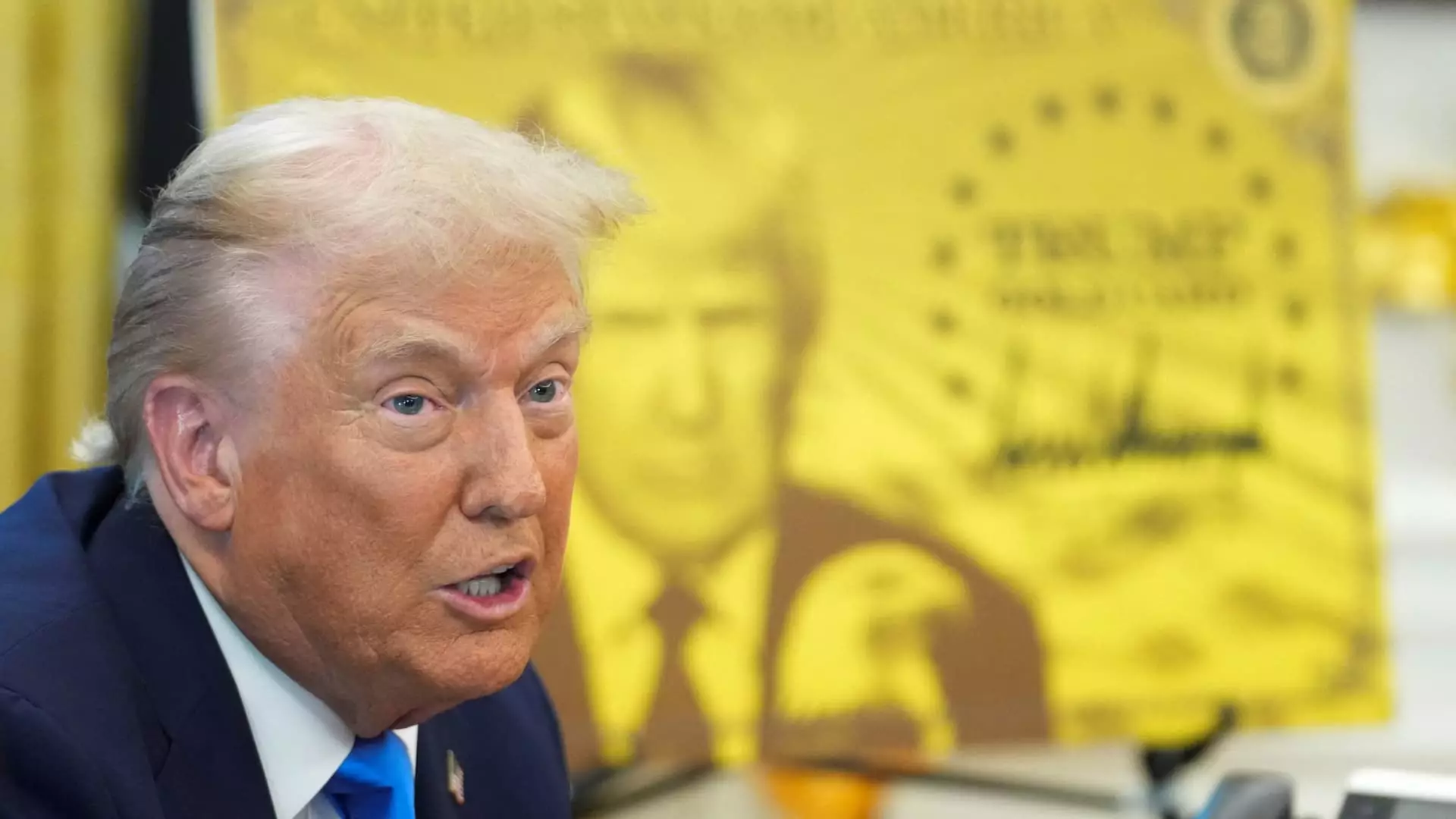In a bold, yet arguably shortsighted move, the Trump administration has announced a staggering $100,000 annual fee for H-1B visas — a decision that threatens to undermine the very fabric of America’s technological supremacy. While framed as a measure to bolster national security and protect American workers, this policy inadvertently jeopardizes the country’s long-term innovation prospects. Immigrants, particularly from India and China, have become indispensable cogs in the engine of American tech giants. Imposing such a hefty fee per worker per year not only ignores the nuanced reality of global competition but also curtly dismisses the vital role these professionals play in driving economic growth.
The rationale presented by policymakers often centers around safeguarding jobs, but the truth is more complex. It’s a shortsighted, protectionist approach that underestimates how interconnected global talent pools truly are. By dissuading highly skilled immigrants from contributing to the U.S. economy, the government risks erecting barriers that innovative companies will find difficult to navigate. The chaos reported within corporate America — with giants like Amazon, Microsoft, and JPMorgan Chase urging visa holders to remain in the country or return home — exemplifies the ripple effect of these policies. These firms are not just seeking short-term compliance; they are grappling with the erosion of their competitive edge and the potential decline of their innovation pipelines.
The Fallout for American Competitiveness and Diplomatic Relations
Far beyond corporate boardrooms and startup incubators, the policy’s consequences are felt on the international stage. Countries like India and South Korea, which rely heavily on their skilled workforce residing in the U.S., are anxiously analyzing how their nationals could be impacted. India’s external affairs ministry explicitly expressed concern about the humanitarian and economic disruptions these policies may cause, recognizing that the U.S. is losing more than just talented individuals — it’s losing faith on the global stage.
This move reveals a troubling dichotomy: a desire to bolster American workers in the short term, paired with an apparent neglect of the broader strategic imperative to lead in innovation and technology. When the U.S. erects barriers to foreign talent, it risks ceding leadership to rival nations. The true power of America’s technological dominance lies in its ability to attract and nurture global talent, not expel or limit it. By alienating the very immigrants who fuel startups, research institutions, and veteran tech companies, the country risks declining into irrelevance amidst an ever-sprinting global race for technological supremacy.
The Cost of Isolationism Versus the Need for Strategic Openness
This policy underscores a fundamental failure to understand the delicate balance between safeguarding domestic jobs and maintaining a competitive edge. The United States must recognize that fostering innovation requires openness — a realistic, pragmatic approach that views immigration as an asset rather than a liability. Overburdening companies with extreme fees and intrusive regulations signals a retreat from the country’s historic leadership role in technological advancement.
It’s naïve to think that restricting legal pathways for highly skilled foreign professionals will restore American jobs or economic stability. Much like the fallacy of a zero-sum game, technology leadership is achieved through openness and collaboration. Closing doors on talented immigrants is akin to shutting windows in a storm — it may prevent some immediate issues, but it also ensures the country will be left in the cold, disconnected from the advancements that only diverse, international talent can bring.
Furthermore, this policy risks emboldening other nations to adopt aggressive measures, creating a fragmented, less cooperative global innovation ecosystem. The U.S. has thrived on its ability to attract talent from across the world; reversing this legacy could accelerate its decline into digital irrelevance. The challenge, then, is for policymakers to realize that long-term prosperity hinges on strategic flexibility, not restrictive measures born out of nationalism.
A Call for Thoughtful Reform Instead of Reckless Restriction
America’s leadership in technology and innovation is not guaranteed; it must be actively cultivated through policies that recognize the intrinsic value of international talent. Instead of punitive fees and travel advisories, the government should focus on reforming visa programs that streamline entry for highly skilled workers and ensure a more fair, predictable process. The goal must be to foster a climate where talent is welcomed, not turned away or made prohibitively expensive to employ.
In the end, true national strength isn’t measured by restrictive hurdles but by an openness to ideas, collaboration, and the diverse talent that propels technological progress. If the current path remains unaltered, the U.S. risks compromising its own future as a global innovator. Policies should serve as mechanisms to enhance, not hinder, the nation’s capacity to lead — and that requires a strategic, intelligent approach rooted in recognizing the irreplaceable value of international expertise.


Leave a Reply